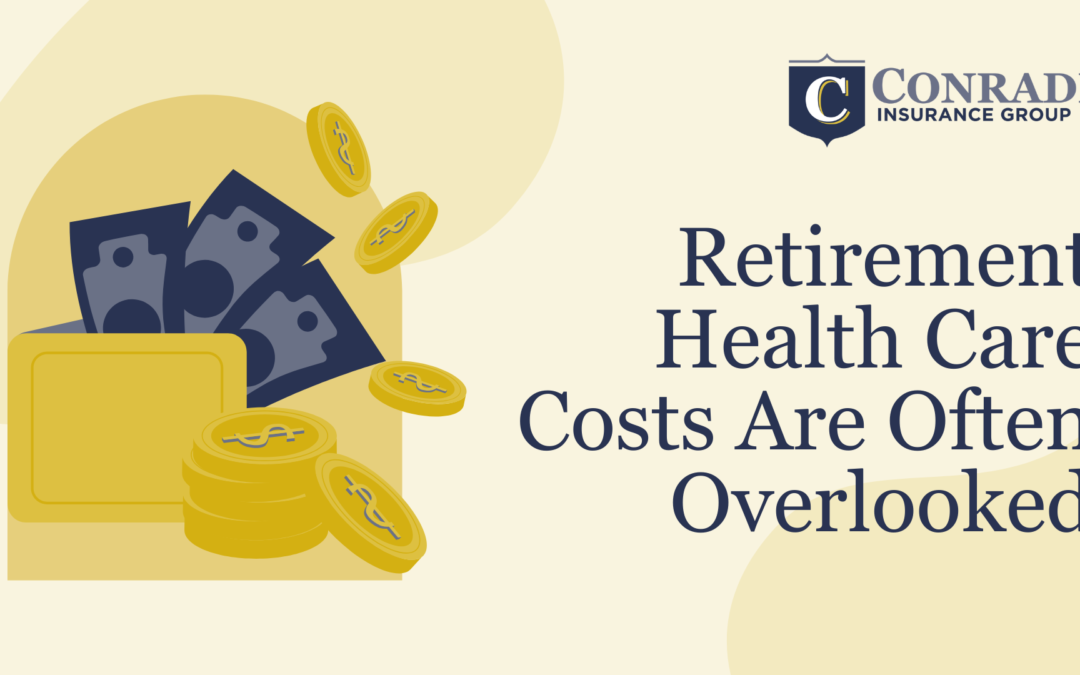When it comes to their retirement savings, people often dream of traveling the world, moving to a new location, going back to school, pursuing a hobby or starting a small business. Those with a more practical bent may think about paying for housing, food, clothing, utilities, transportation and other day-to-day costs. While the cost of living here is relatively lower, we, as a local Wichita employee benefits broker have found that many employees overlook an enormous retirement expense: health care. Increasing awareness and understanding of retirement health care costs could significantly impact your employees’ retirement security.
Improving awareness and understanding
Only about 50% of Americans say they understand retirement health care costs. Even those who do often underestimate the amount they’ll need, according to the investment management firm Merrill.
An average couple retiring at age 65 will need about $315,000 to pay for health care costs in retirement, reports USA Today. Even couples in good health can expect about 70% of their Social Security benefits to go toward medical expenses, says the financial news site Barron’s.
The earlier employees understand these costs, the more time they have to prepare. The following steps can help your employees throughout their careers.
- Encourage healthy living.
- Improve awareness of high-cost risks.
- Provide retirement health care education.
Healthy living
Prevention plays a significant role in health care costs at any stage of life. But the accumulation of health challenges and chronic conditions can be devastating in retirement.
Your wellness programs can benefit employees now and into their retirement years. Healthy lifestyle habits such as physical movement, stress management and healthy eating can improve the odds of a healthy retirement. By preventing or mitigating chronic illnesses, employees can reduce future medical treatment and prescription drug costs.
Encourage employees to take advantage of preventive care, including annual checkups. Early detection is critical. Preventing, treating and managing chronic diseases, cancer and other health challenges can help employees avoid health care crises and costly treatments later in life.
High-cost risks
A heart attack, a stroke or another medical emergency can lead to health care bills topping $100,000, reports USA Today. Those costs could quickly escalate if the individual needs long-term care.
Long-term care, including nursing homes, skilled care facilities and in-home care, can quickly deplete retirement savings. The estimated cost of a private nursing home is almost $120,000 a year, according to seniorliving.org. A semiprivate room costs more than $103,000 annually.
Connect your employees to vetted resources on long-term care insurance, something we can do as your Wichita employee benefits agency. Premiums are often unaffordable for those 60 and older, so early education is vital. Newer products include hybrid forms of life insurance and long-term care insurance. Creating awareness of these products and costs can motivate employees to save or plan for long-term care needs.
Retirement health care education
Educating employees on retirement health care costs can increase awareness and understanding. Fidelity Benefits Consulting estimates retirement health care spending as follows:
- 17% on prescription drugs (generic, brand-name and specialty drugs)
- 39% on Medicare Part B, Part C or Part D premiums and services
- 44% on copays, coinsurance, deductibles and out-of-pocket expenses
Given the high cost of Medicare, providing information to those nearing retirement is essential. Many people think Medicare will cover more than it does, or they underestimate Medicare premiums, deductibles and out-of-pocket costs.
Medicare isn’t just overwhelming and complicated. It also comes with lifetime penalties if people don’t sign up by specific deadlines. It’s essential for your employees to understand their circumstances and work with a trusted Medicare benefits adviser to find the right plan for their health needs and budgets. The industry news site BenefitsPRO recommends providing near-retirement employees with one-on-one meetings.
Beyond Medicare, employees should consider their current health, family medical history, retiree health care coverage, and health care costs in the region where they plan to retire. Offer financial education to help employees understand these topics. Include retirement health care calculators and other support tools to increase awareness and encourage consistent saving earlier in their careers.
Send regular communications campaigns as part of your retirement education programming. For example, a series titled “Retirement Security = Wealth + Health” can emphasize healthcare costs alongside traditional retirement savings information.
Prepare your employees
Preparing employees for retirement health care costs can improve their long-term well-being and financial security. Addressing these needs can also bolster your organization’s reputation for employee commitment and engagement.

